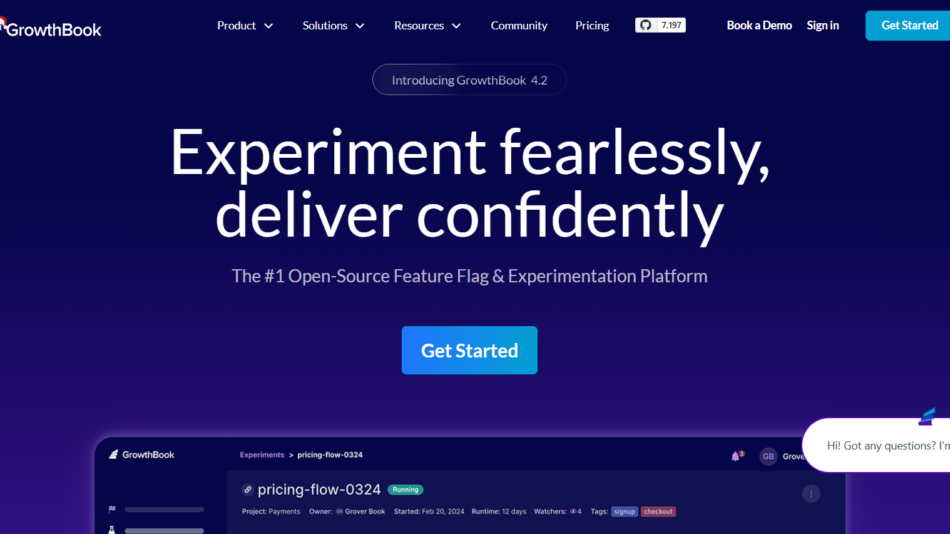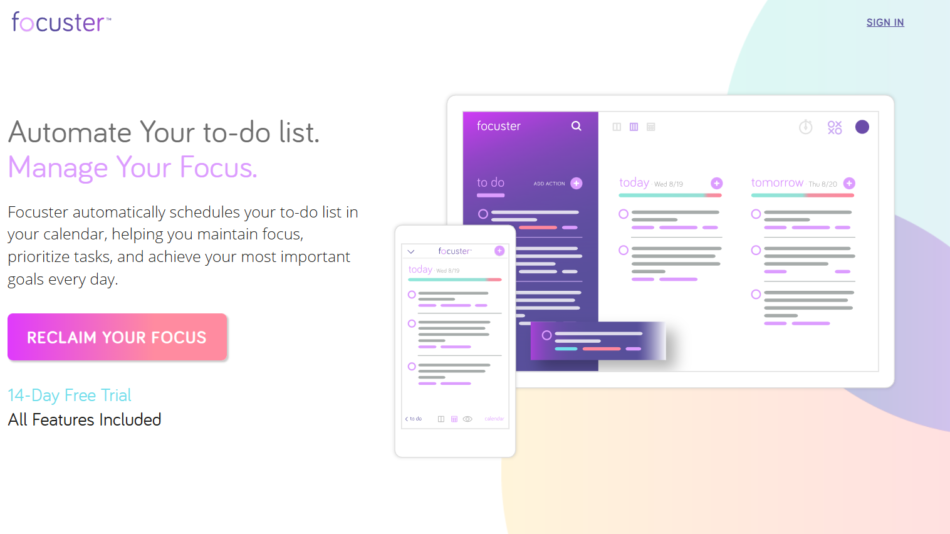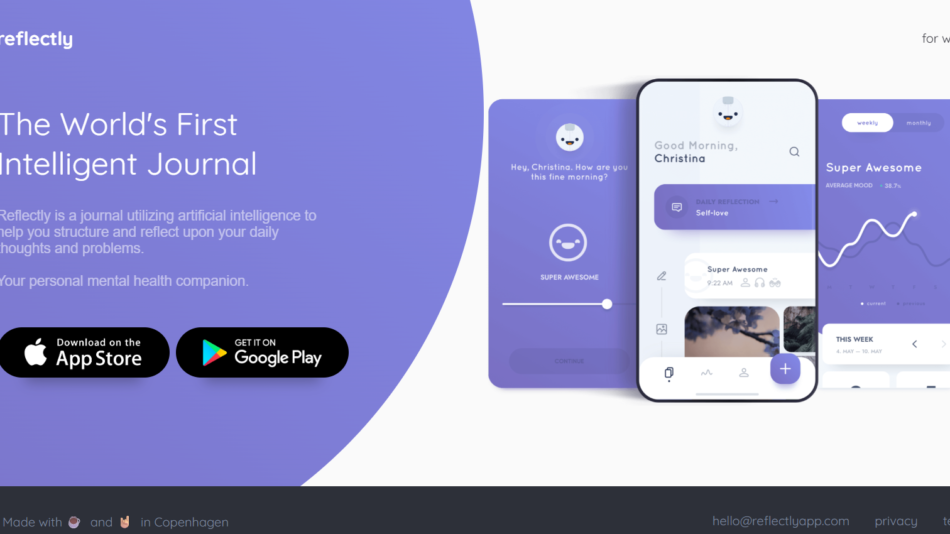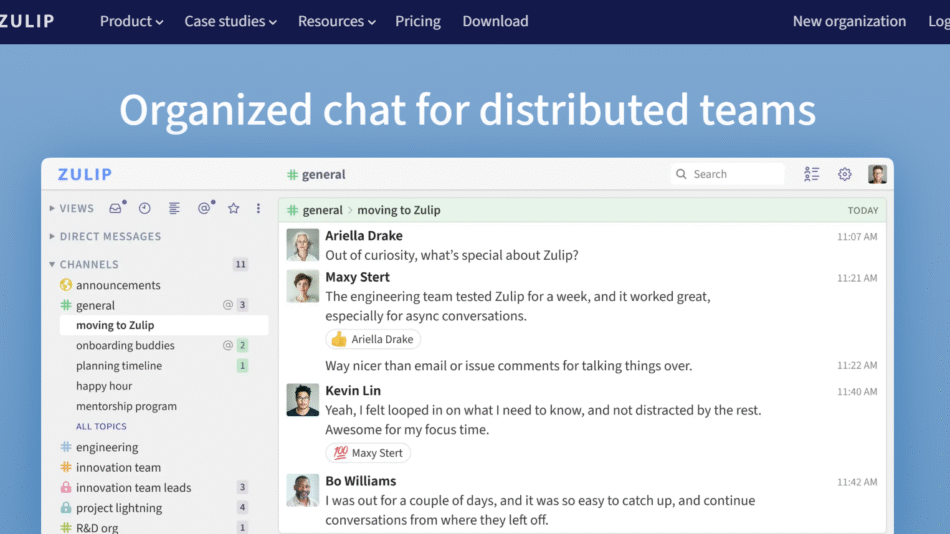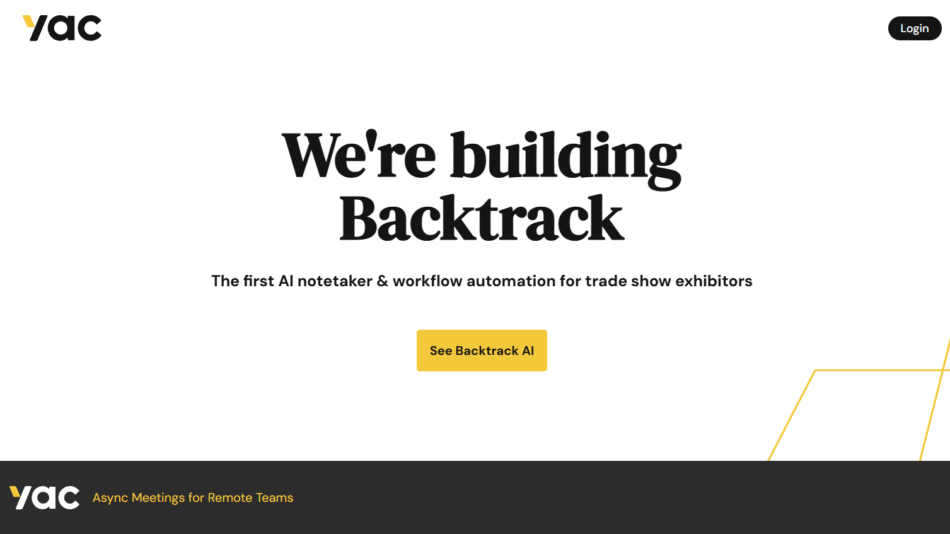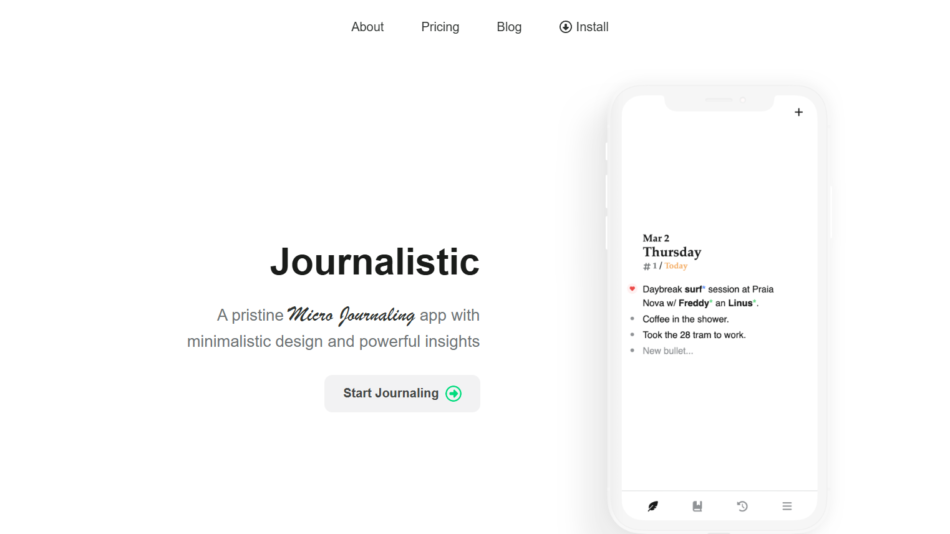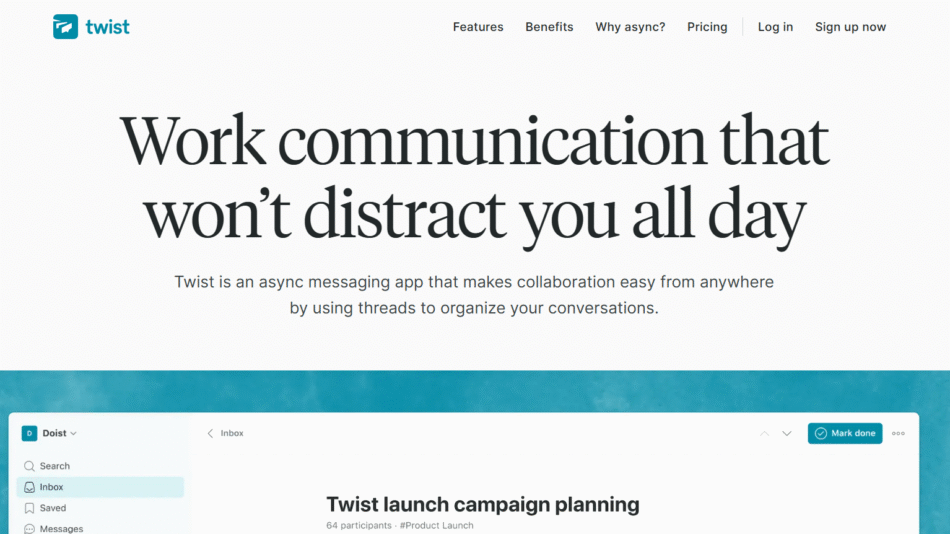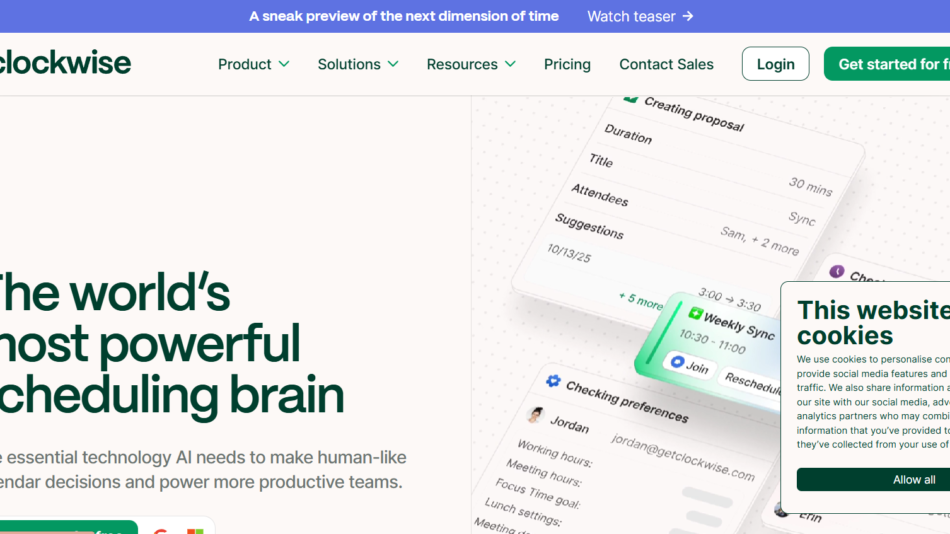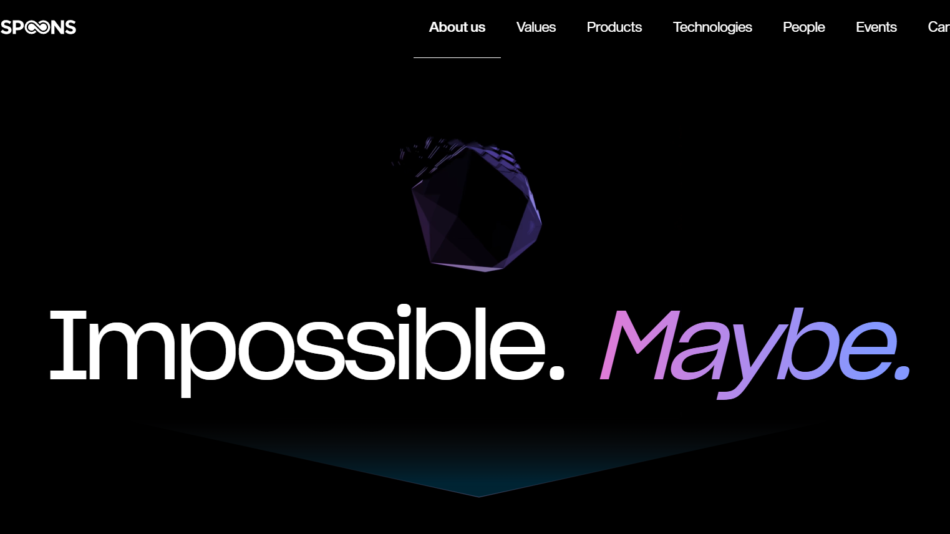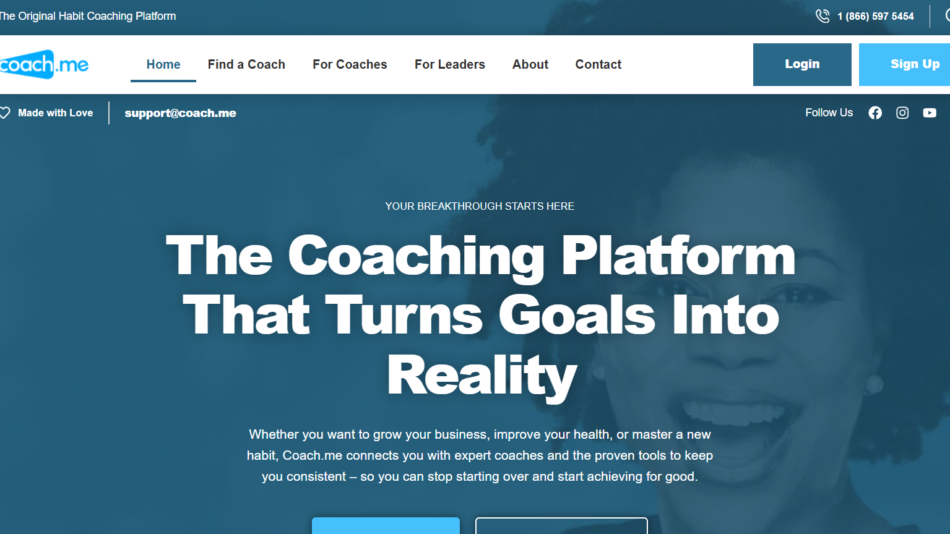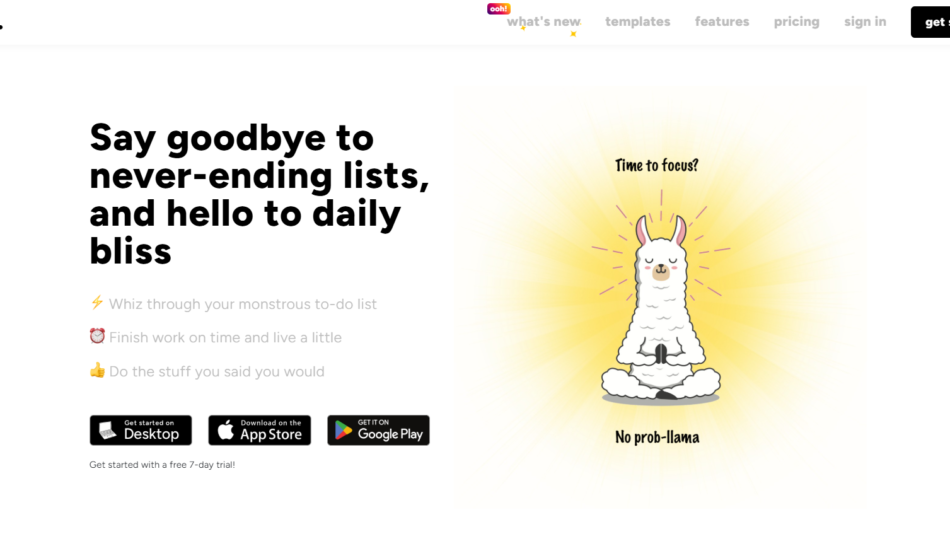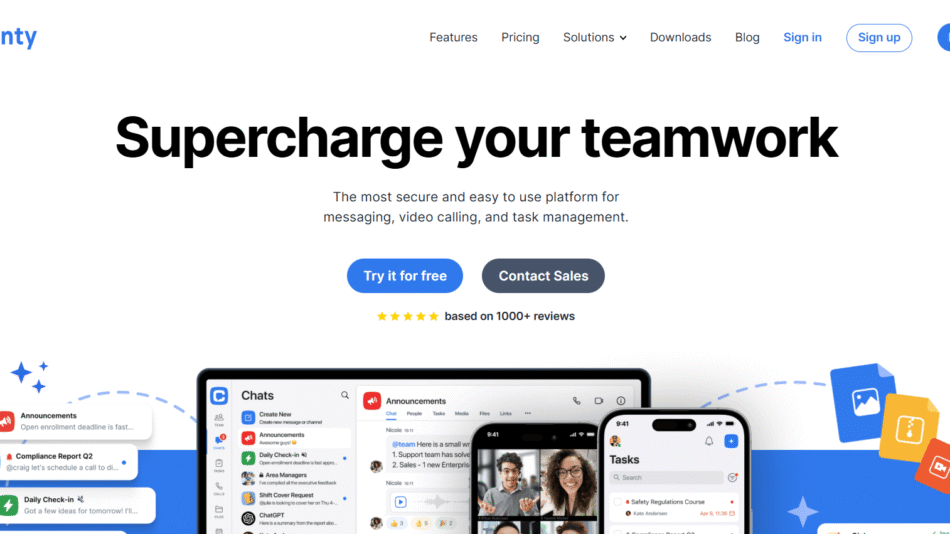Testsigma is a cloud-based, AI-powered test automation platform built to simplify the process of testing web, mobile, and API applications. Designed with both technical and non-technical users in mind, it enables the creation of automated tests in plain English using natural language processing. By eliminating the need for complex coding, Testsigma allows manual testers, QA professionals, and developers to collaborate effectively in agile environments.
The platform is particularly well-suited for DevOps and CI/CD workflows, with capabilities for parallel test execution, automatic test maintenance, and seamless integration with tools like Jenkins, GitHub, GitLab, and more. With both cloud-hosted and self-hosted deployment options, Testsigma offers a scalable solution for teams of all sizes.
Features
Testsigma offers an extensive range of features that support comprehensive test automation.
The no-code interface enables users to write test scripts in simple English. This is powered by a natural language processing engine that interprets and executes the instructions, allowing testers with no programming background to create complex test scenarios.
AI-driven test maintenance ensures that minor changes in the user interface do not break existing tests. This significantly reduces the need for manual updates, improving reliability and reducing maintenance effort.
It supports testing across web applications, mobile platforms (both Android and iOS), and APIs. This cross-platform compatibility makes it ideal for teams managing multi-device and multi-platform applications.
Users can generate test data dynamically or use static test inputs to simulate real-world testing conditions. Test data management is built directly into the platform.
Parallel execution capabilities allow tests to be run simultaneously across multiple devices and browsers, greatly improving testing efficiency.
The platform integrates easily with popular CI/CD tools and version control systems. This allows for continuous testing and quick feedback in agile development pipelines.
Detailed reports and real-time alerts are available through dashboards, email, or Slack integrations, helping teams identify and address failures quickly.
How It Works
Testsigma streamlines the testing process through a series of intuitive steps.
Test cases are created using plain English commands, selected from a library of predefined actions. The platform’s NLP engine then converts these instructions into automated test scripts.
Users can define test environments and data sets within the tool. Execution can be configured for specific browsers or devices in both cloud-based or on-premise environments.
Once configured, tests can be executed manually or scheduled for automatic runs. Parallel execution ensures that multiple test scenarios are completed quickly and efficiently.
After execution, detailed logs, screenshots, and video recordings help diagnose issues. Results are presented in an easy-to-understand format that supports quick debugging.
Use Cases
Testsigma is suitable for various industries and project types.
E-commerce platforms use it to automate end-to-end user journey testing, including product selection, cart management, and payment processes.
Banking and financial institutions rely on it to validate transaction flows, ensure regulatory compliance, and verify UI/UX consistency.
Healthcare companies automate form validations, appointment scheduling workflows, and patient data security tests using the platform.
SaaS providers benefit from its seamless CI/CD integrations, enabling automated regression and functional testing with every deployment.
Mobile app developers use Testsigma to validate features across a range of devices and OS versions without maintaining in-house device labs.
Pricing
Testsigma offers flexible pricing plans designed to suit individuals, teams, and enterprises.
The Free Plan includes no-code test development and up to 200 test executions per month. This tier is ideal for individuals or small teams experimenting with test automation.
The Pro Plan starts at $349 per month and includes unlimited test creation, parallel execution, test scheduling, and access to priority support channels like email and chat.
The Enterprise Plan is designed for larger organizations with advanced needs. It includes all Pro features plus support for private hosting, custom integrations, dedicated success managers, and SLA-backed support. Pricing for this plan is customized based on specific requirements.
All plans come with a 21-day free trial, allowing teams to evaluate the platform before committing.
Strengths
Testsigma excels in usability due to its no-code test creation interface. This makes it accessible to manual testers and non-technical stakeholders, reducing reliance on developers for automated testing.
Its AI-powered test maintenance addresses a major challenge in test automation by minimizing flaky tests and reducing time spent on script updates.
The platform offers broad compatibility with different application types and integrates smoothly into existing CI/CD pipelines, making it highly adaptable for modern development workflows.
Its cloud infrastructure supports scalability, while the option for on-premise deployment ensures compliance with strict data security requirements.
Drawbacks
While Testsigma’s no-code interface is a strength, complex testing scenarios may still require some level of customization, which might not be entirely intuitive for non-technical users.
The pricing, particularly for the Pro and Enterprise tiers, might be a concern for startups or small teams with limited budgets.
The user community is smaller compared to open-source frameworks like Selenium, which can impact the availability of community-driven support and learning resources.
Comparison with Other Tools
Compared to open-source tools like Selenium and Cypress, Testsigma offers a much more user-friendly experience through its no-code, NLP-based test creation.
While Selenium provides flexibility and full control, it requires strong programming skills and ongoing maintenance. Cypress, although easier to set up than Selenium, is limited in mobile testing and doesn’t offer no-code capabilities.
Katalon, another low-code option, provides similar ease of use but lacks the advanced AI maintenance and parallel execution capabilities built into Testsigma.
For teams looking for a plug-and-play solution with minimal maintenance and quick onboarding, Testsigma stands out as a comprehensive and intelligent alternative.
Customer Reviews and Testimonials
According to customer feedback on G2 and Product Hunt, Testsigma is well-regarded for its intuitive interface, reliability, and fast onboarding experience.
Users frequently praise its no-code scripting, easy integration with CI/CD tools, and the support team’s responsiveness.
One reviewer on G2 mentioned that their team was able to reduce the test cycle time significantly and now deploys updates with greater confidence due to daily automated test runs.
Some users have pointed out that they would like more control over report customization and noted that onboarding for large enterprise teams could be more personalized.
Conclusion
Testsigma is a modern test automation platform that bridges the gap between manual and automated testing through its no-code and AI-driven features. Its capabilities support fast-moving agile teams, offering robust automation for web, mobile, and API testing with minimal overhead.
By reducing complexity and accelerating testing workflows, Testsigma empowers QA professionals and developers alike to release software faster and with higher confidence. Whether you’re working on a startup app or managing an enterprise-scale application, Testsigma provides a scalable, intelligent solution for today’s testing challenges.

